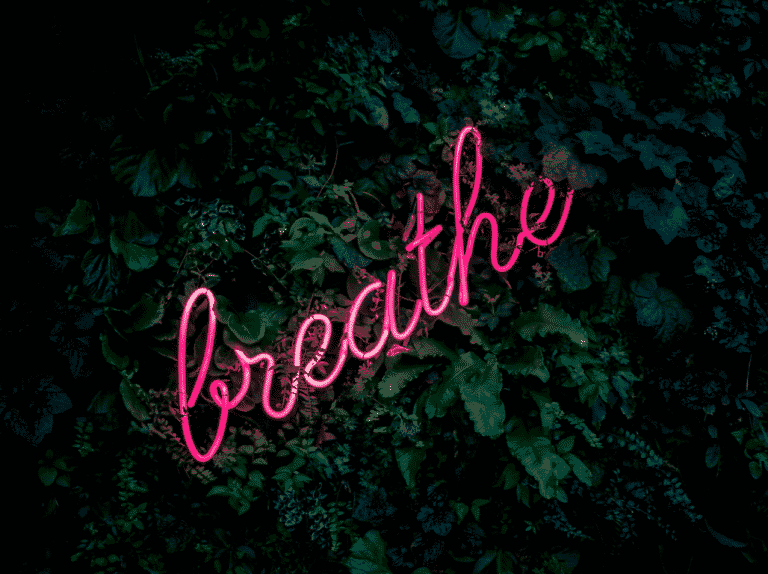Learning to control your breath means you can learn to control your mind
You can also control your emotions, your anxiety, and on and on. Your breath is the key.
Change Your Brain the Yoga Way – Breathe
For several years we’ve been experiencing uncertain times, difficult times, scary times. Depending upon where you live you may be encouraged to isolate through social distancing and self-quarantine. Solitude can be toxic to an addict. Addiction is a disease of isolation and separation. Being alone can bring you back to the grip of old thinking, ‘stinkin’ thinkin.’
Changing your brain takes a lot – but it’s worth it
It takes skill, discipline and courage to break those chains. Technology is helping us stay connected (thank goodness for options) but before we reach out we have to want to reach out. And that is where the discipline comes in. We first reach IN before we can reach OUT. How can we do this? Yoga has a key. Yoga uses breath practices to pull our heads out of the trees (or elsewhere.) It brings the body, mind and spirit to the present moment, can be grounding, and changes your brain chemistry. Yes. It changes the way your brain processes things. When we are angry or feel endangered we find ourselves panting or taking short breaths.
Slow measured breathing can calm us and bring us to the present moment. The longer breath brings oxygen to the brain letting us know we have enough, we don’t need to struggle. The brain can calm down when it is being fed. The yogis have known this for ages and have specific breath practices to help you discover this for yourself, too. One of them is the slow exhale, sometimes known as the 1:2 breath. We work toward the EXhale being twice as long as the INhale.
Now you try
You can try this now. See for yourself. First settle in and be aware of sitting. (Present moment awareness can begin to calm you.) After reading these instructions you can look away and try the practice. If you are comfortable, practice with your eyes closed.
● Notice your breathing right now; avoid changing the rhythm. Just notice.
● Now breathe in while counting slowly to four. Pause.
● Using that same beat exhale to the count of six. Pause.
● Repeat three or more times.
Challenge yourself to change your brain
If you wish you can extend the exhale to seven or eight; this is not a challenge but a tool. Be comfortable. Avoid feeling too full on the inhale or as if you are starving for air on the exhale. Air is food. Nourish yourself.
A few more aspects to contemplative breathing: it can release the feel good endorphins in the body and reduce cortisol and other stress related hormones. It helps you make better choices as the nervous system is not in
panic. It is portable- you have your breath with you wherever you go.
Once you have experienced a few good deep breaths now you can choose to tackle that seemingly difficult technology to get to an online meeting, a group recovery conference call or other recovery practice that you
are missing. There is a narrated breath practice on my website which you can find here.





















